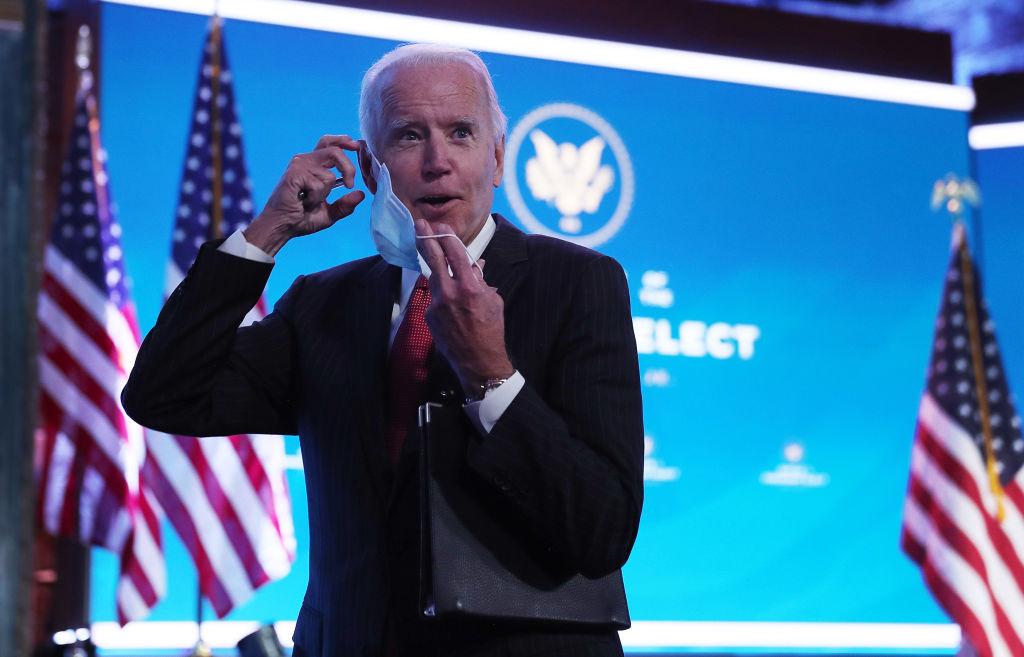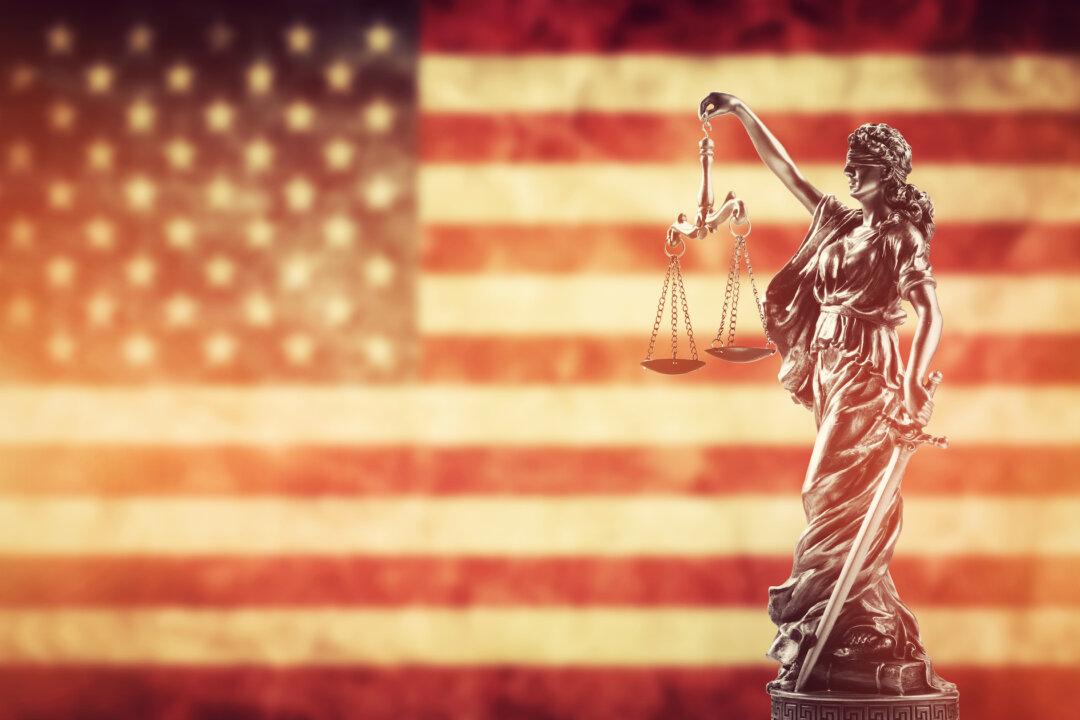President Joe Biden’s Sept. 18 statement that the COVID-19 pandemic is “over” prompted questions about why his administration hasn’t ended the federal public health emergency and how the government or employers can continue to mandate Emergency Use Authorized vaccines.
This article was originally published by The Defender - Children’s Health Defense’s News & Views Website





